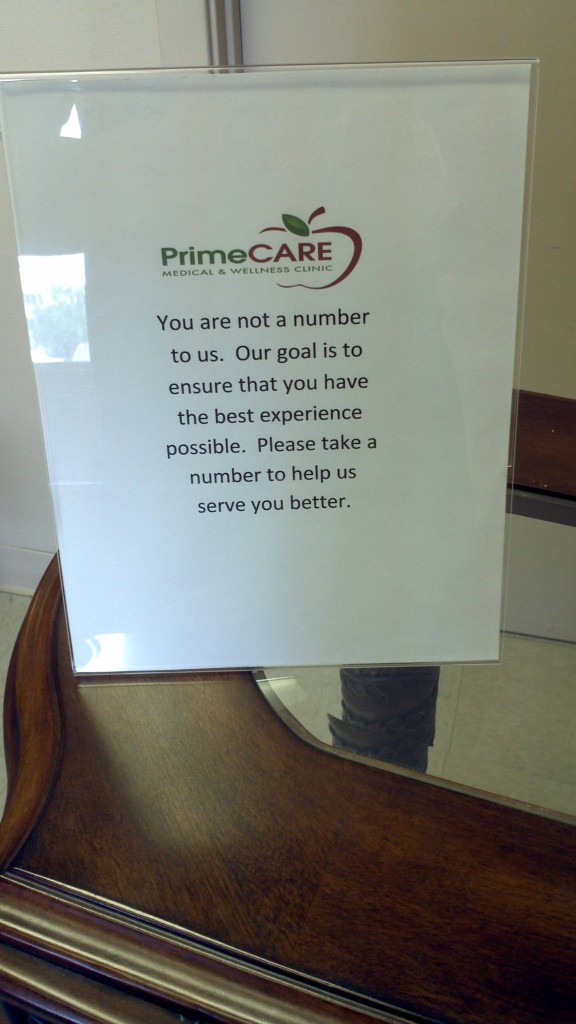Show and Tell
Let’s translate a few common phrases:
“You can trust me” means “Don’t trust me.”
“This is going to be fun” means “This will definitely suck.”
“We care” means “You are a number to us.”
Say these, and you’re sending a message that’s the opposite of your intent.

Sometimes, saying it outright isn’t enough. You have to earn it. That’s as true in branding as it is in fiction, where the most common workshop advice is, “Show, don’t tell.” (E.g. Instead of having your character say, “I’m happy,” have her notice the smell of the pines.) In branding, too, some attributes must be shown, not told, and knowing which is which can be the difference between drawing people in and pushing them away.
What works when you say it outright? Anything that’s easy to prove, anything genuinely unique to you or your business, anything that isn’t up for debate, and anything that no one in their right mind would claim. Say you’re cheap, and it works. Say you’re the world’s first heirloom tomato museum, and no one will doubt you. Say you’re from Buffalo, and people believe you. None of this is very interesting—but it gets the job done for value brands and family-run businesses who don’t have the time or budget to do much more.
More important are the claims you shouldn’t make. Some will push you back into the crowd, some are a waste of breath, and many will make your audience feel like someone’s trying to sell them a shitty car.

Don’t say “easy to use” or anything like it. Show it instead. It’s a phrase that reeks of infomercial, whether you’re selling an iOS app or a B2B solution. Customers will only believe something is easy to use when they use it. They’ve been burned by QVC’s but-wait-there’s-more products too many times to believe you.
Don’t repeat your competitors’ claims. Is your security solution secure? Does your software connect people? Does your medical device ease suffering? Your competitors already did this part for you, laying out what any business in the industry can do. Skip the basic stuff and get right to differentiation. Tell them about what makes it secure, connective, helpful—detail trumps broad claims any day.
Don’t mention character traits. Only a serial killer says “I’m happy!” without smiling. Every time a shop describes itself as “quirky,” an angel loses its wings. The fix is to earn it: say quirky things, put some succulents in hard-to-reach places. Hang some weird pictures on the wall. Whatever you do, don’t tell people what you’re like—show them.
Don’t make quality claims. “The Best Steak in Town” is never the best steak in town. Anyone who speaks the English language can make the claim. That’s a low bar. Consider the businesses like Best Western, Best Buy, and Great Clips, who found quality claims so easy that they used them in their names. The message literally says ‘greatness’, but the signal that customers hear is low price.
That’s all for now. Show them how great you are, how funny you can be, and how you’re different. Tell them where you’re from.
Until next time, we remain,
A Hundred Monkeys

